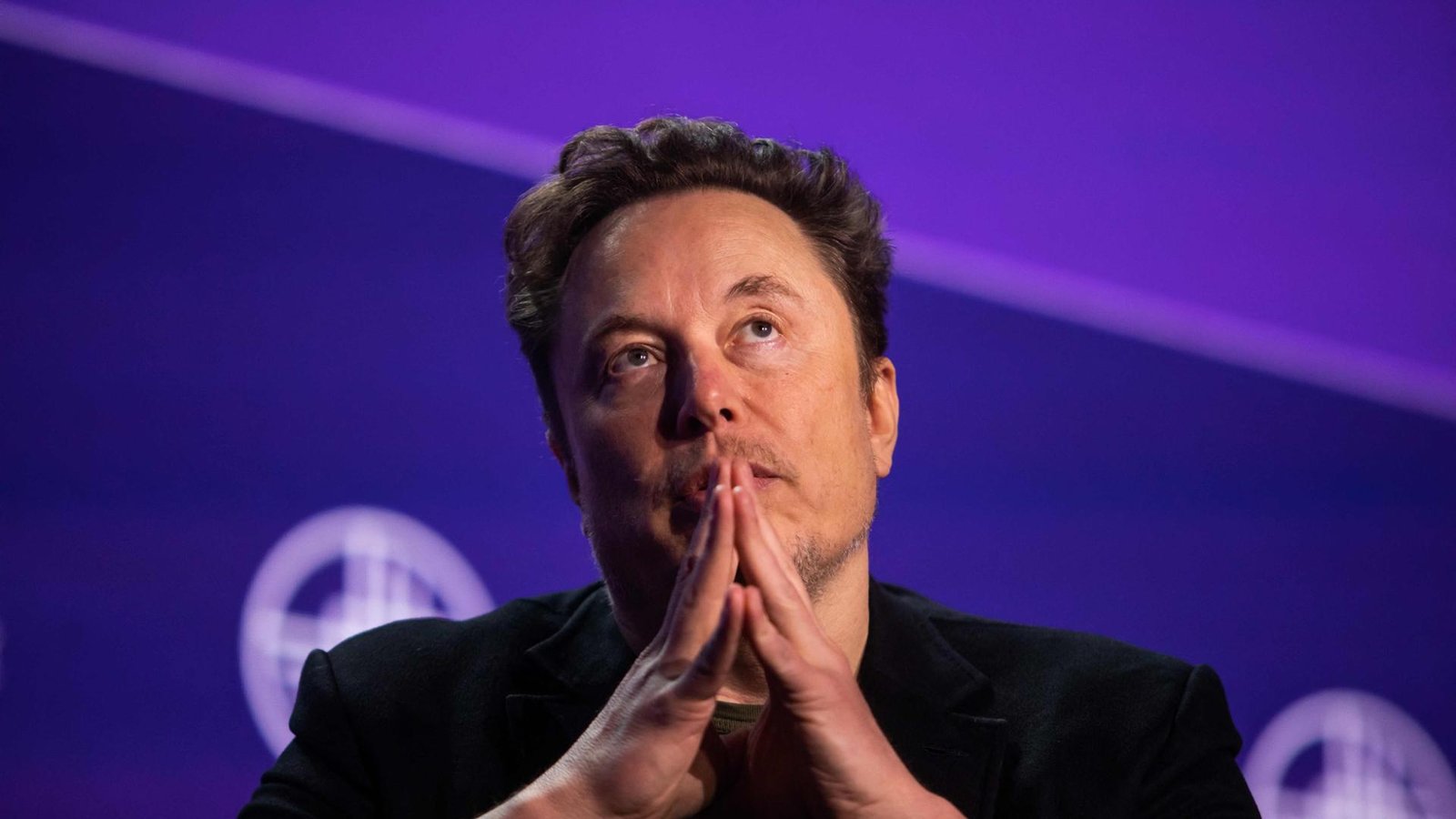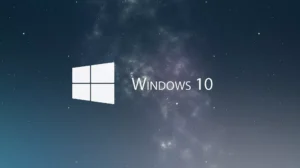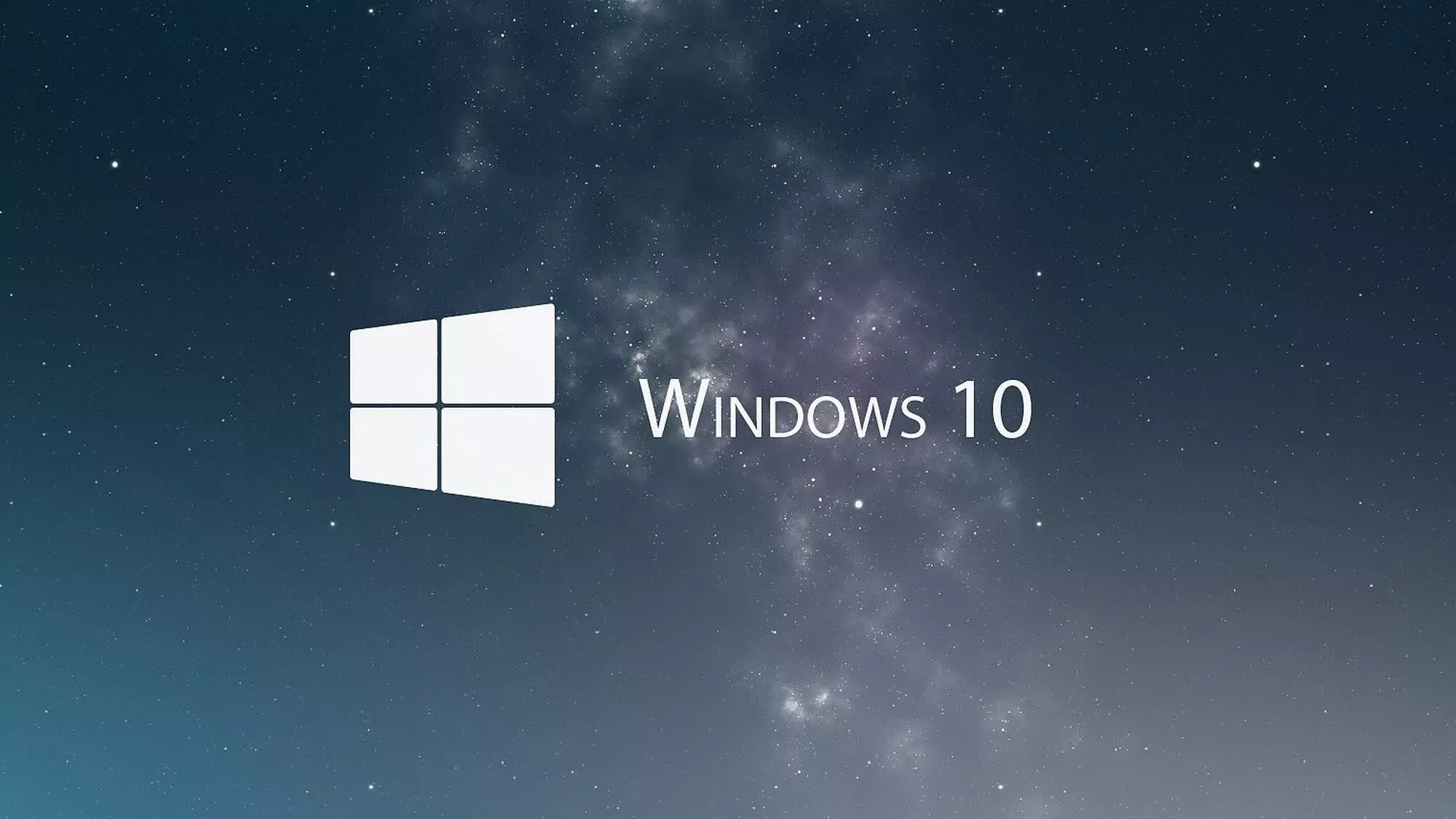In recent developments, Elon Musk has found himself at the center of multiple controversies involving his acquisition of Twitter, interactions with NPR, and the use of encrypted messaging app Signal. These events have sparked significant debate over the implications for media freedom and transparency in communication.
Elon Musk vs. NPR
The dispute between Elon Musk and NPR began when Twitter, under Musk’s ownership, labeled NPR’s main account as “state-affiliated media” and later “government-funded media.” NPR criticized these labels as misleading, emphasizing that federal funding constitutes less than 1% of its annual budget and that it operates independently from the U.S. government. Following these events, NPR ceased its activity on Twitter, prompting Musk to threaten reassignment of NPR’s Twitter handle due to inactivity.
Musk’s remarks suggested that NPR’s account could be reassigned to another entity if it remained dormant. This situation raised concerns among media experts about the potential for misinformation if NPR’s handle were repurposed by another party. Zeve Sanderson from NYU’s Center for Social Media and Politics highlighted the risks, noting that such a move could undermine the credibility of information shared on the platform
Signal Smear Campaign Allegations
Parallel to the NPR saga, Musk’s legal entanglements with Twitter have also involved encrypted Signal. During court proceedings over his acquisition of Twitter, it was revealed that Musk had used Signal for discussions related to the deal. Twitter’s lawyers accused Musk of withholding messages that should have been disclosed, referencing a specific exchange set to auto-delete that involved discussions about EU regulatory approval and significant investors.
Musk’s defense downplayed these allegations, arguing that Signal is a common communication tool in Silicon Valley and that its use does not inherently imply wrongdoing. However, Twitter’s legal team sought sanctions against Musk, citing the potential destruction of evidence as a serious issue that warranted judicial intervention.
Implications for Media and Communication
These incidents illustrate broader concerns about media independence and the integrity of communication platforms. Musk’s actions towards NPR have been perceived by some as an attempt to intimidate and retaliate against critics, reflecting what PEN America’s Liz Woolery described as an authoritarian tactic aimed at undermining trusted news organizations.
The Signal controversy further complicates Musk’s image, with accusations of evidence tampering casting a shadow over his transparency. This case underscores the challenges of ensuring accountability in digital communications, particularly when high-stakes business deals are involved.
Elon Musk’s interactions with NPR and the Signal messaging app have fueled debates about media freedom, corporate transparency, and the ethical use of communication tools. As these stories unfold, they highlight the delicate balance between maintaining open, credible information channels and navigating the complex dynamics of media ownership and corporate governance.



















Add Comment